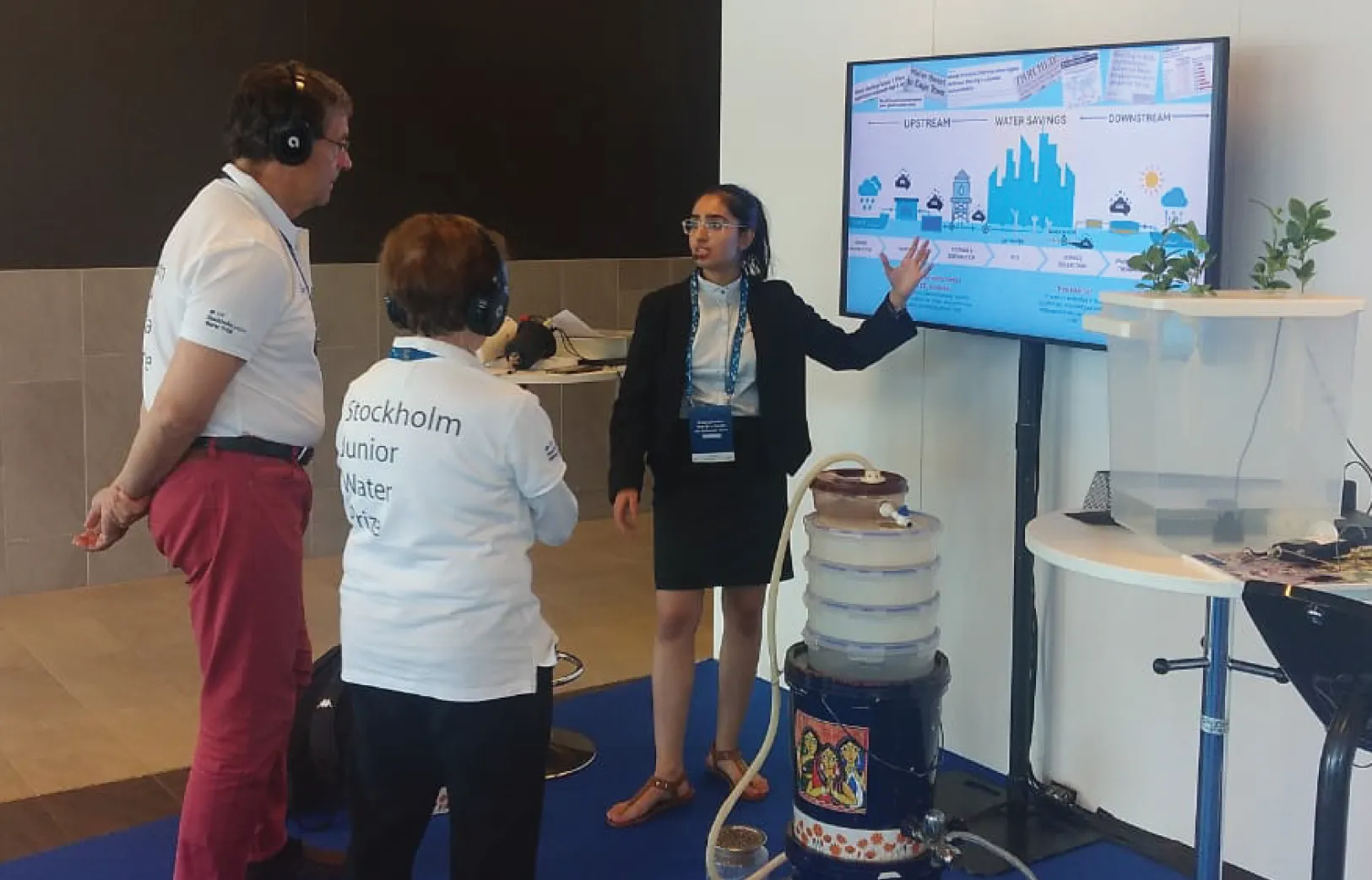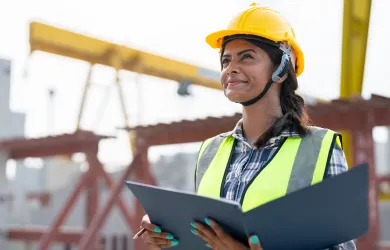World Water Day: Ways For Sustainable Water Management And Making Every Drop Count!
By times of india
March 24, 2022All ancient human civilizations were born and flourished around water. How essential water is for life can't be emphasized enough. The same characteristic has also led to various conflicts on control and use of natural water resources since the dawn of civilizations. Climate change and pollution have brought mankind once again to realize that potable water is a common good, a human right, and a planetary treasure and that urgent action is needed to tackle the global water crisis. Access to clean water and sanitation is also a key UN Sustainable Development Goal.
Climate change resulting from human activities is intensifying, and extreme weather scenarios are getting more frequent. As these changes are different from natural climatic variations, it is increasingly causing a lot of disruption in peoples' lives, resulting in myriad other challenges. This is because climate, habitat, and society, are so closely coupled, that an imbalance in one will most definitely cascade to the others. The recent report by Intergovernmental Panel for Climate Change (IPCC) also reaffirms by stating that, "climate change is widespread, rapid and intensifying".
It is important to note that while climate change can be prevented by reducing man-made greenhouse gas emissions, the effects of climate change are primarily perceived by society through its interplay with water. Immediate markers being floods, storms, and droughts lead to water crises simply through unavailability or by contaminating freshwater sources.
While all stakeholders and industries have their role to play in tackling the global water crisis, the real estate industry can do its bit in dealing with it. While the ancient civilizations lived next to freshwater resources, the modern cradles of civilization are large urban agglomerations. Real estate is the industry that is handling this accelerated urbanization and is responsible for creating these habitats and communities. Therefore, it is incumbent upon it to lead the way in ensuring that societies remain resilient in the face of any impending water crisis. A lot can be done by real estate organizations that can conserve, preserve, and rejuvenate our freshwater sources.
Conserve
Consumption can be reduced by simple measures like installing low-flow water fixtures in homes and offices while utilizing recycled water for secondary uses like flushing, irrigation, cooling, and industrial purposes, further reducing pressure on the precious water resources. Water treatment systems also ensure that contaminated water does not find a way to clean ground and surface water sources. More advanced treatment systems like IPR or DPR (indirect or direct potable reuse) enable treated water to be used for potable or primary purposes have been piloted and successfully implemented at scale in many instances.
One of the fundamental ways to ensure water conservation is by measuring its use. Famous management thinker Peter Drucker aptly states, "what you can't measure, you can't manage". It is accurate for water conservation also; water metering is necessary to limit water consumption and create awareness in the users and communities about their demand profiles. Simple awareness campaigns for stakeholders can be made more effective if they are backed by their consumption data.
Even the most well-designed water networks have leakages, if not timely rectified, they can result in a huge water loss. Use of correct, robust materials in water distribution, and regular preventive
maintenance through continuous monitoring and fixing of any leakages in the system by using technology, a huge amount of water wastage can be arrested.
Responsible consumption also calls for the development of landscapes predominantly with native species that are robust and hardy and use less water than non-native varieties. Efficient irrigation methods like drip irrigation and timed release of water are also significant measures that can be adopted in smart climate-conscious designs.
Preserve
It is critical to preserve and ensure that polluted water does not enter natural water resources. Steps to preservation involve treating water to a minimum quality that can be discharged to natural water bodies, deployment of filtration chambers, and oil interceptors in the drainage systems.
As floods are another major cause of water contamination, preventing them in the property by suitably assessing the risks and deploying correct passive and active mitigation measures ensures that the underground reservoirs and groundwater sources remain protected from the polluted deluge. This can also help to safeguard the community from water-borne diseases, that result from the contaminated water.
Rejuvenate
As per a report by the Central Ground Water Board of India, India has alarming levels of groundwater exploitation, for self-use and for agriculture as well. It can be reasoned that this is because India is home to one-sixth of humanity, while it only has 4% of global freshwater resources.
This can be mitigated by ensuring rainwater recharge and harvesting for replenishing of the aquifers and surface water resources. Effective rainwater harvesting is one of the best natural techniques to achieve water resilience. Restricting runoff by limiting excessive concretization of urban areas is another way to rejuvenate the natural water sources. Urban runoff is a complex phenomenon that not only results in the loss of useful and abundant rainwater but is also a source of polluting water resources. Softer landscape, abundant greenery, and respecting natural ground hydrology aid in rejuvenating the exploited and vulnerable water sources available to us.
Some of the aspects noted above are mandated by regulations, while a few are required by green buildings certification bodies. Many still remain open for voluntary adoption by real estate developers and communities. Once we acknowledge that it is our responsibility to leave a better planet for future generations, climate-responsive and adaptive designs will become a norm in urbanization and facing "Day Zero" like scenarios that the city of Capetown had to endure during the late last decade can be averted. We must come together on this World Water Day to acknowledge our responsibility and pledge action to achieve a water-positive future.
You may also like



 Enquire
Enquire
 Call
Call
 chat
chat
 Search
Search





